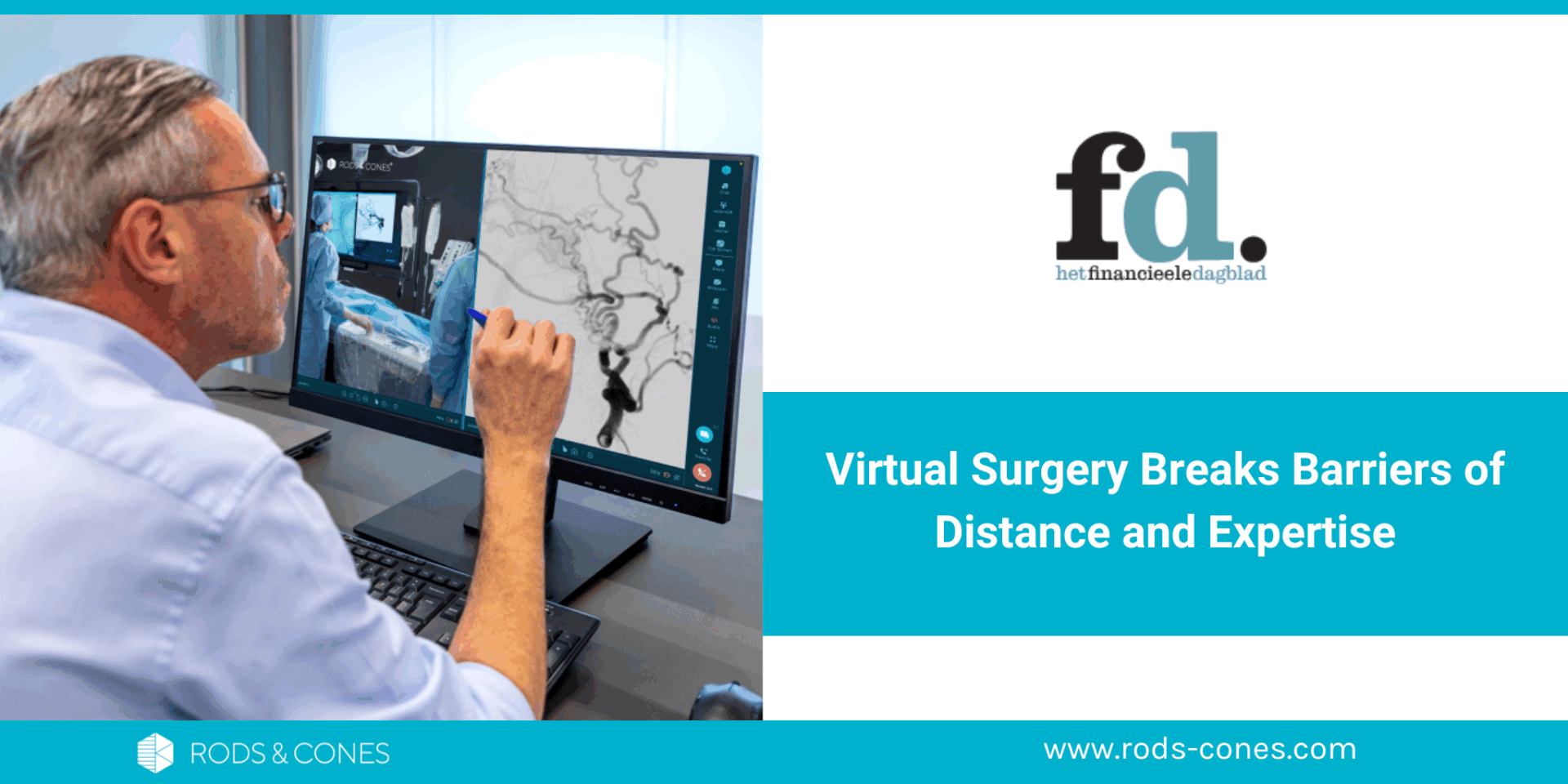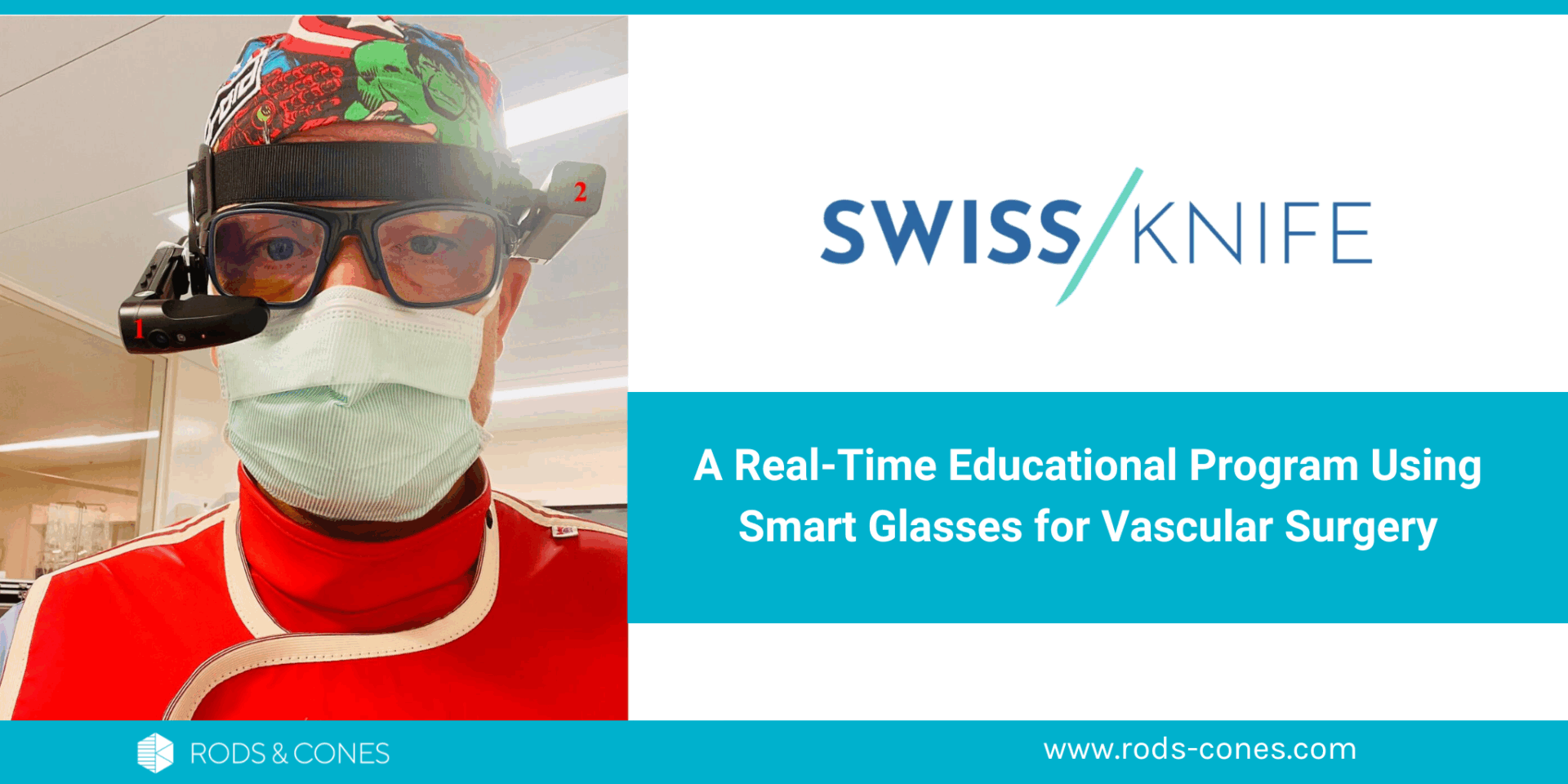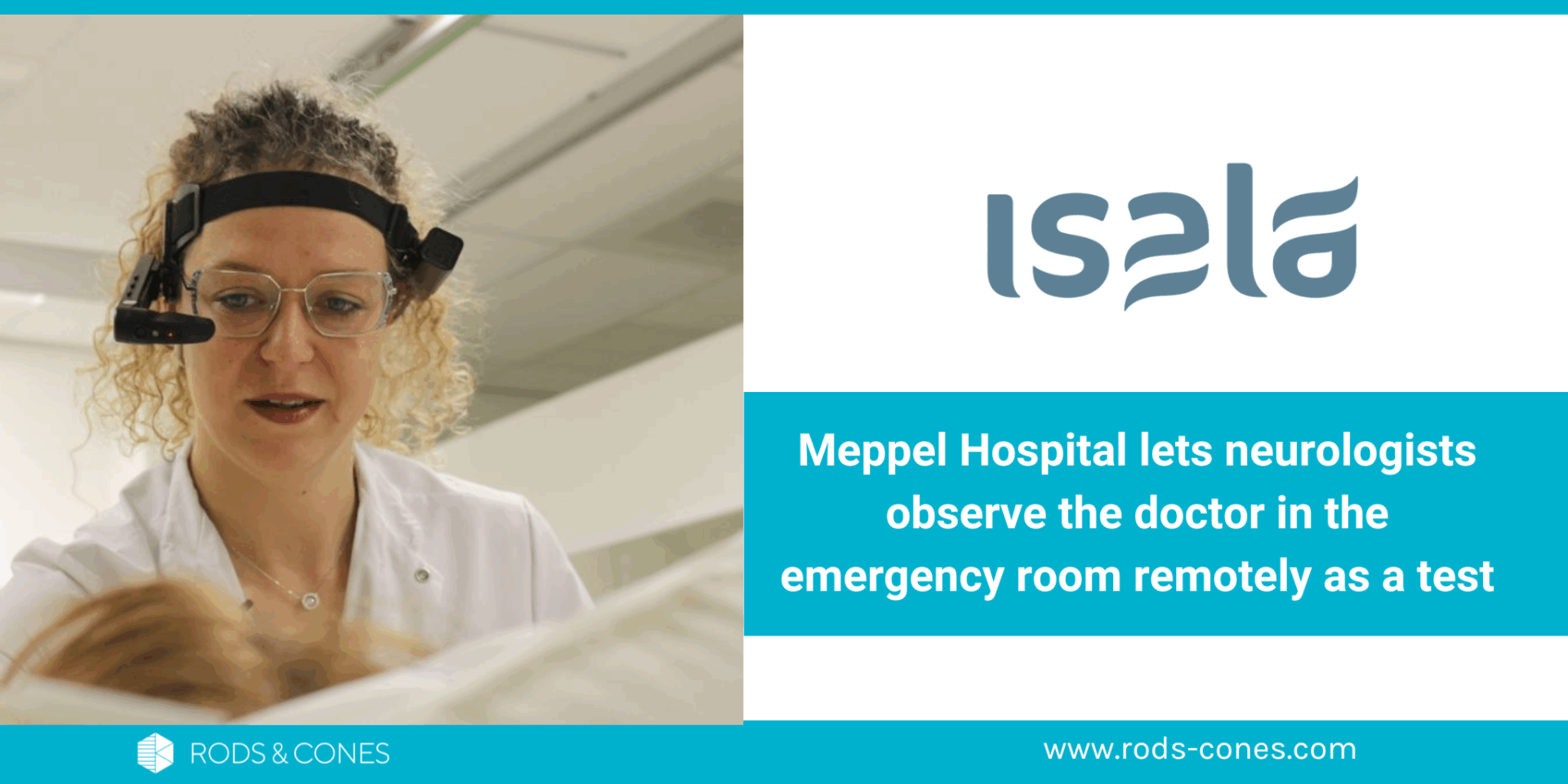Dr. Leoncini: “Among the first in Italy to use them for educational purposes and in the future for remote expert interventions”

“Smart glasses that transform an operating room into a television studio.” This is how Massimo Leoncini, head of interventional cardiology at Asl1 Imperia, describes the “smart glasses” available to his department at Borea Hospital in Sanremo. Currently, they are used for educational purposes, but in the future, they could be an advanced support in critical cardiovascular interventions, a “surgery assistance,” as the doctor explains: “The case contains the entire kit: three regular mobile phones are attached to boxes that capture video signals from the angiograph, ultrasounds, or other equipment and send them via a call. When we start this kind of procedure, we connect with the computer to the website of Rods&Cones, the company that manufactures the equipment: the call starts when we scan the personal QR code with the glasses. At that point, a kind of webinar is activated on the computer with a control booth that allows choosing audio and video sources, zooming in, or directly writing on the images with drawings and arrows that can be transmitted directly to the operator’s glasses.”

Leoncini, born in Rapallo, has been on the Riviera for 24 years: “We are the first in Liguria and among the few in Italy to use this innovative technology. The educational purpose is very interesting because it provides a first-person view of the ongoing procedure: the student who connects remotely gets the operator’s view and is involved as if they were in the room. They can ask questions thanks to bidirectional audio, hear those from the moderators, and interact in a chat.”

He continues: “Another purpose of the ‘smart glasses’ is remote teleproctoring, assistance by an expert operator who can help a trainee or less experienced operator, guiding them step by step in choices and procedures during the intervention. We are conducting educational events and planning collaborations with the University of Genoa, Cardiology of San Martino, and other colleagues. Each laboratory has its expertise and can request a kind of remote consultation so that the operator, for example at San Martino, can see what is being done in Sanremo and guide us. Similarly, we can offer our expertise to assist a colleague in Savona, Genoa, or La Spezia in their procedure, providing our advice and information in real-time, such as in the case of chronic coronary occlusions.

Being asked about the value of the technology, Leoncini continues: “The solution is much simpler and less expensive than what many laboratories use to record and retransmit interventions. It’s enough to have the glasses, three mobile phones, and four cables: the filming is done with the cameras of the mobile phones, which allow for unlimited and close-up views of the intervention, enabling exchange and collaboration. Our screen is fixed to a tripod and controlled remotely, with the possibility to zoom and rotate the camera. All while respecting privacy. This type of technology has already gained ground in operating rooms abroad.”
The original article was written in Italian and has been translated into English
Source:





